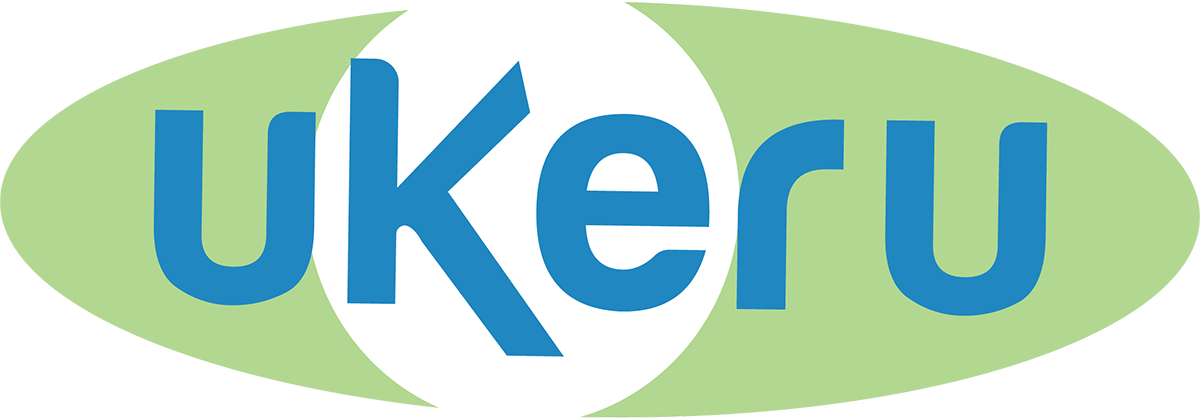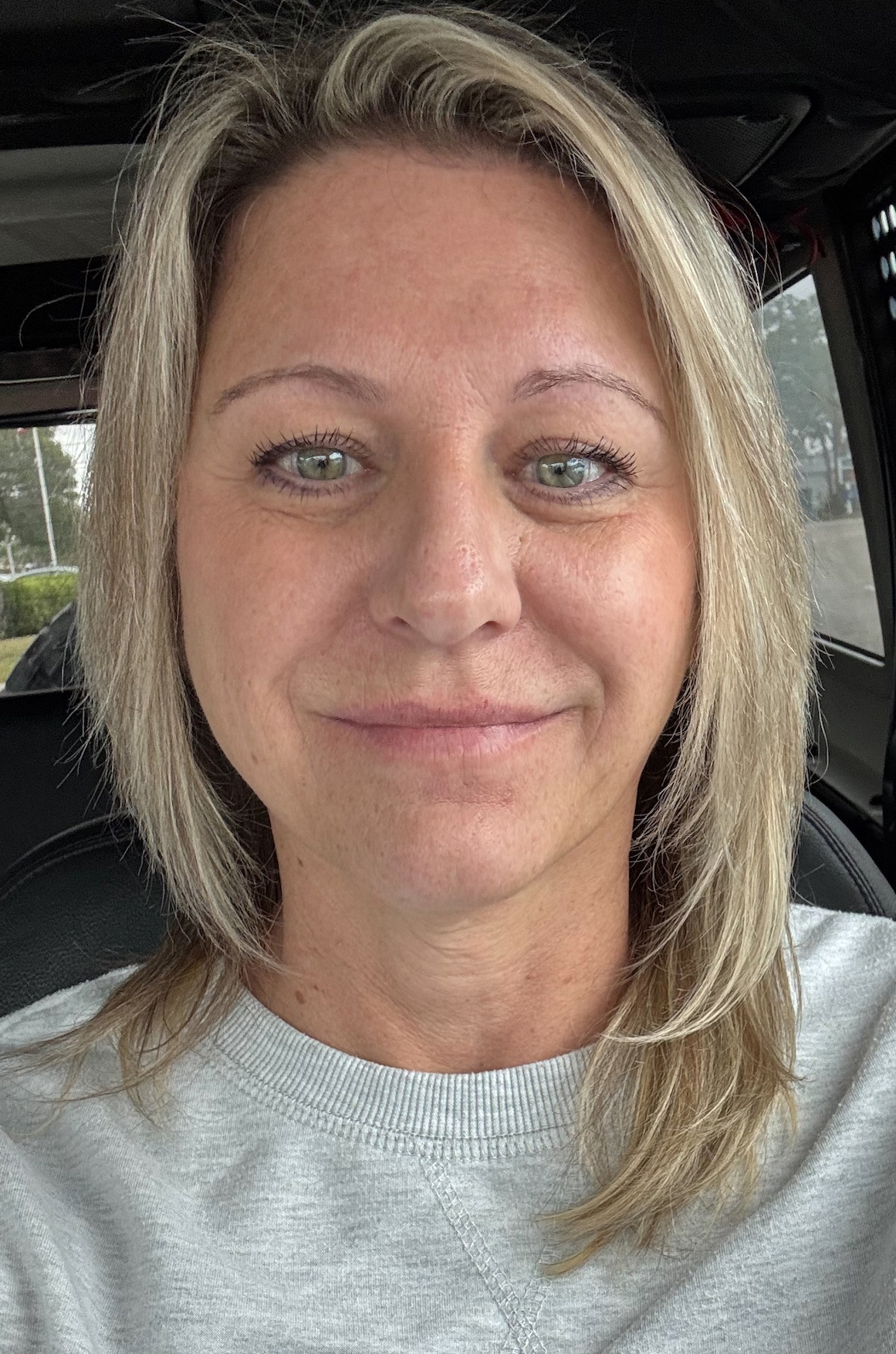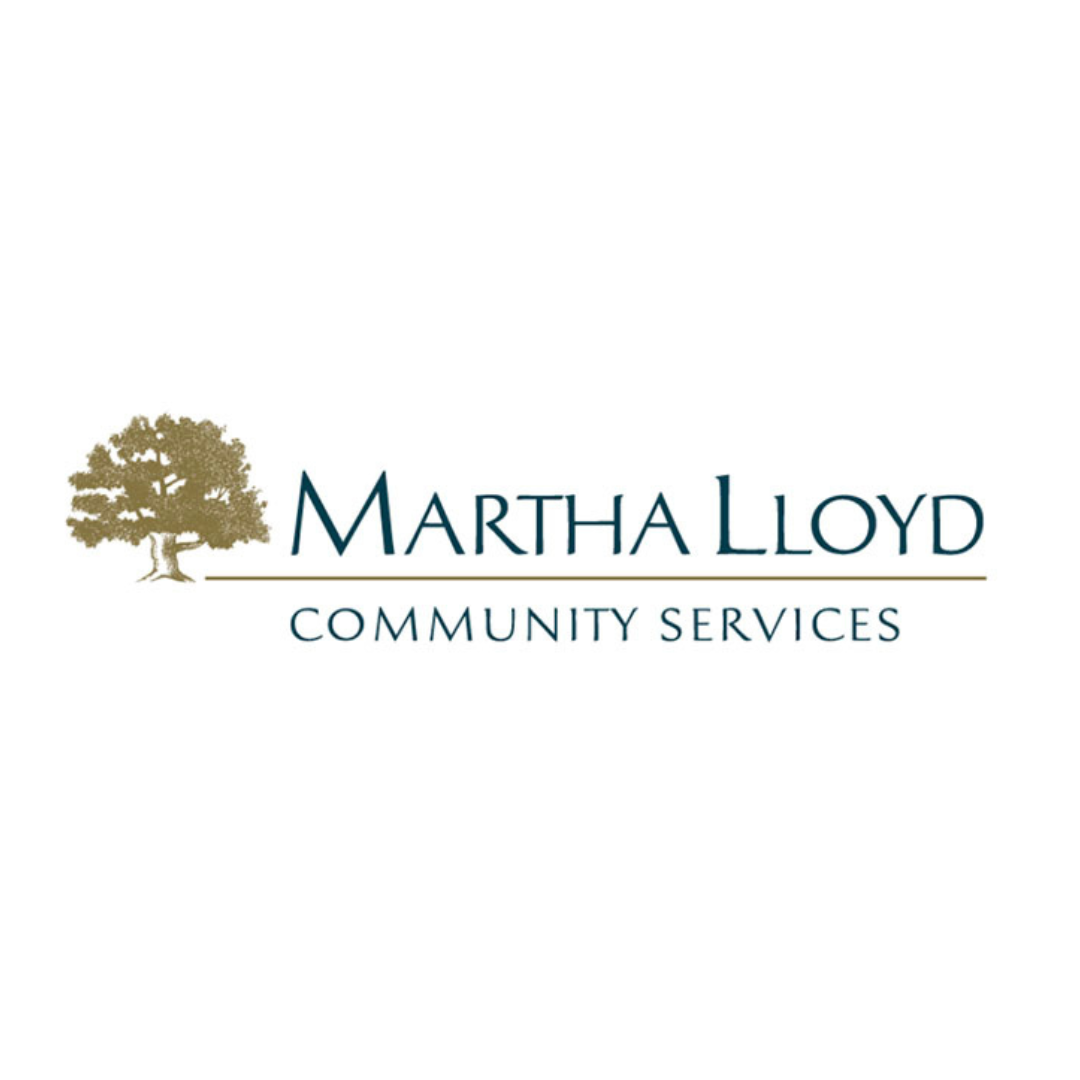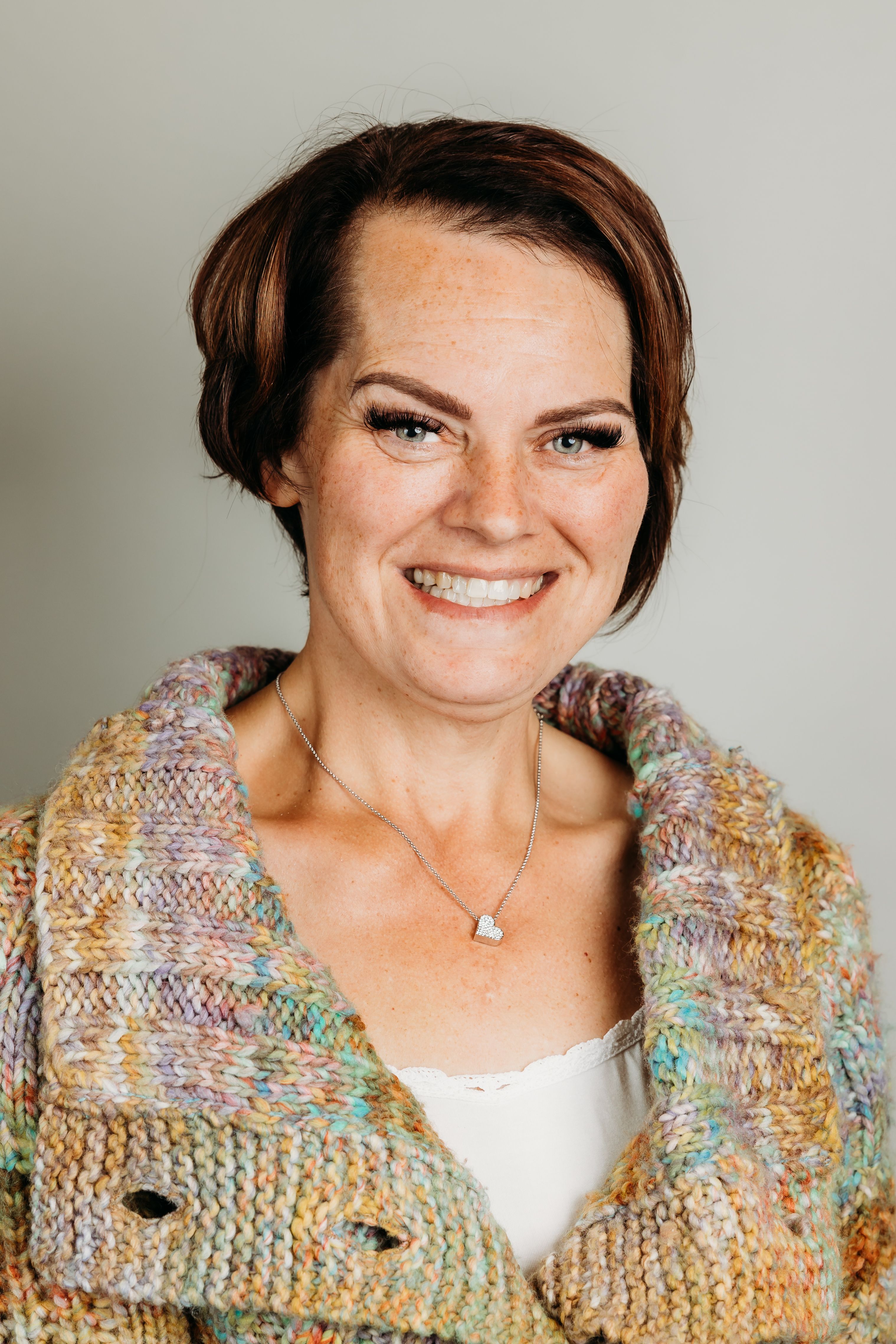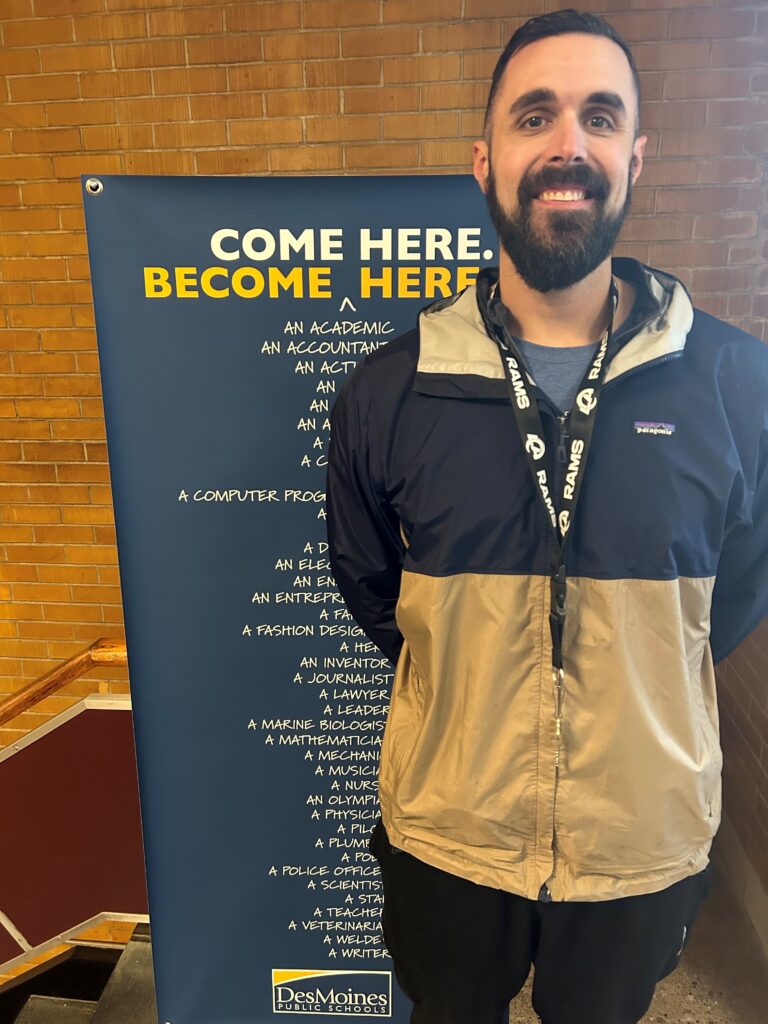
Q: How long have you been an Ukeru trainer?
A: I have been an Ukeru Trainer for around 6 years.
Q: What population do you work with? What inspired you to get into this field?
A: I work with youth from third grade through high school. I had originally attended Iowa State for Graphic Design and discovered I really enjoyed working with youth after volunteering for some mentoring programs and switched my major to Child, Adult, and Family Services with a youth endorsement. After that I started my career in residential treatment and working with at risk youth from across the country and then to my current position within the school district.
Q: What part of Ukeru do you enjoy teaching the most and why?
A: I find the trauma and the brain section very interesting and really helped me to understand behaviors better when helping de-escalate or working with a child in crisis.
Q: What would you say to someone who is unsure about using Ukeru?
A: Been there! I was not a fan of Ukeru at first because I had a very control-based mindset when it came to behaviors. Ukeru really helped me see behavior from another perspective and gave me a new tool to use that proved to be much more effective than how I was thinking before!
Q: What advice or tip would you give to a new Ukeru trainer?
A: Be passionate! People will learn and grow more if they see you believe in it and try to tie in personal experiences with the material to help paint a realistic picture!
Q: How has Ukeru impacted your life?
A: Ukeru has given me confidence in my job and allowed me to share new techniques and ideas when dealing with behavior or crisis. It has allowed me to travel and provide my team and staff with another tool in the tool bag to help them feel safer and confident in their everyday jobs!
Q: What is your favorite quote or a motto that you like to live by?
A: “A broken femur that has healed is evidence that someone has taken time to stay with the one who fell, has bound up the wound, has carried the person to safety and has tended the person through recovery. Helping someone else through difficulty is where civilization starts,” -Margaret Mead
Q: What three words would you use to describe Ukeru?
A: Another great tool!
